Anti-Inflammatory Diet Tips for PCOS (What to Eat)
Learn the best anti-inflammatory foods for PCOS to help with weight loss, infertility, and other symptoms. Your food choices and other lifestyle practices can help manage PCOS naturally. This article includes the best healthy breakfast, lunch, dinner, and snack ideas for women managing polycystic ovary syndrome.
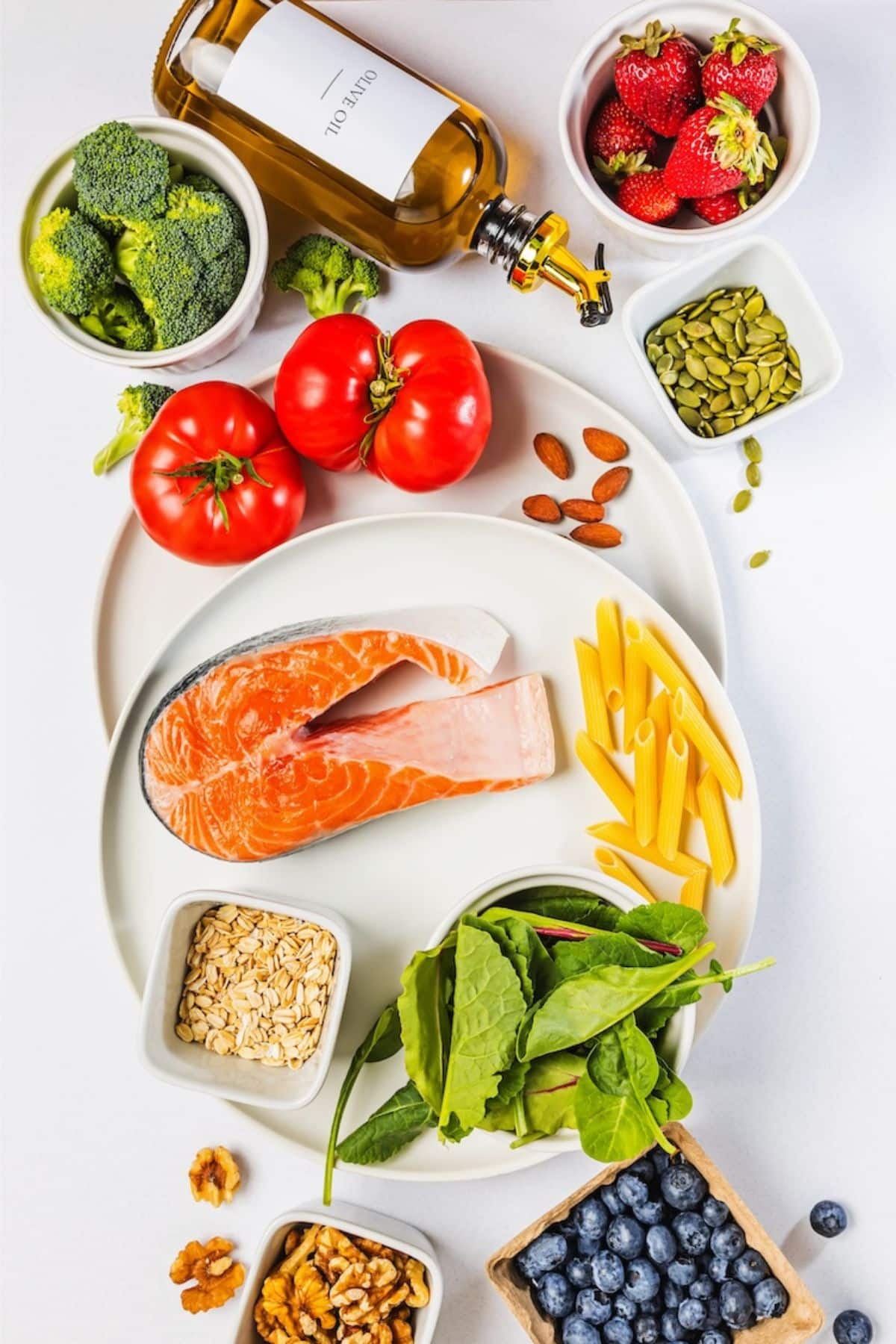
Before we get into the specifics of the best PCOS diet, let’s go over the basics of this disorder and why it happens.
What is PCOS?
Polycystic Ovarian Syndrome, Polycystic Ovary Syndrome, or PCOS, is considered a hormonal condition that can cause small cysts (or what looks like cysts on an ultrasound) to form on the ovaries.
This results from a hormonal imbalance in the body. Approximately 5-10% of women of child-bearing age are affected by PCOS symptoms.
Risks of PCOS
Those with PCOS also often experience higher levels of insulin or insulin resistance. This can lead to reduced insulin sensitivity which can lead to increased body weight and cardiovascular disease (heart disease).
Other health conditions can occur too including weight gain, rising insulin levels, infertility, increase male hormones, high blood pressure, and chronic inflammation.
However, with proper diet and lifestyle changes, you could potentially put PCOS into remission, balance your hormones, and conceive naturally.
Learn more about PCOS and Endometriosis, including their similarities and differences.
Diet Tips for PCOS
There is no automatic blueprint for a PCOS diet. Every woman is unique and special, and every woman deserves an individual solution tailored to her needs.
What everyone can agree on is that a real food, clean-eating diet rich in vegetables can help. Regardless of the root cause of your PCOS, eating real, whole foods is key!
The studies around diet and PCOS are lacking. Therefore, it is conjecture or a good guess to think that an anti-inflammatory diet will help with hormonal symptoms. The existing evidence points to following a balanced diet with lots of fiber.
Women with PCOS should also exercise regularly and manage stress.
Ultimately, since PCOS is primarily a metabolic condition for most women, then it seems appropriate to recommend an overall anti-inflammatory diet with lots of fruits and vegetables, whole grains (if tolerated), healthy fats, and lean proteins.
You might also like these articles with the best weight loss tips for women and how to reverse estrogen dominance naturally.
Anti-Inflammatory PCOS Diet Plan
Again, there is not one diet that works for all women. But, for women with PCOS, you may need to consider a low glycemic index diet to help normalize blood sugar levels. It may also make sense to avoid dairy with PCOS.
Try to eat a balanced diet with lots of protein, fiber, and healthy fats. This should help you remain satisfied without getting hungry or having too many sugar cravings.
You likely don’t need to follow a very restrictive plan like a keto diet to manage symptoms of PCOS. Consider flexible approaches like a Mediterranean diet or a Paleo diet to help balance hormone levels. I have a related article with the foods to avoid when estrogen is too high.
Try downloading my healthy grocery list to get started eating more whole foods.
PCOS Breakfast Ideas
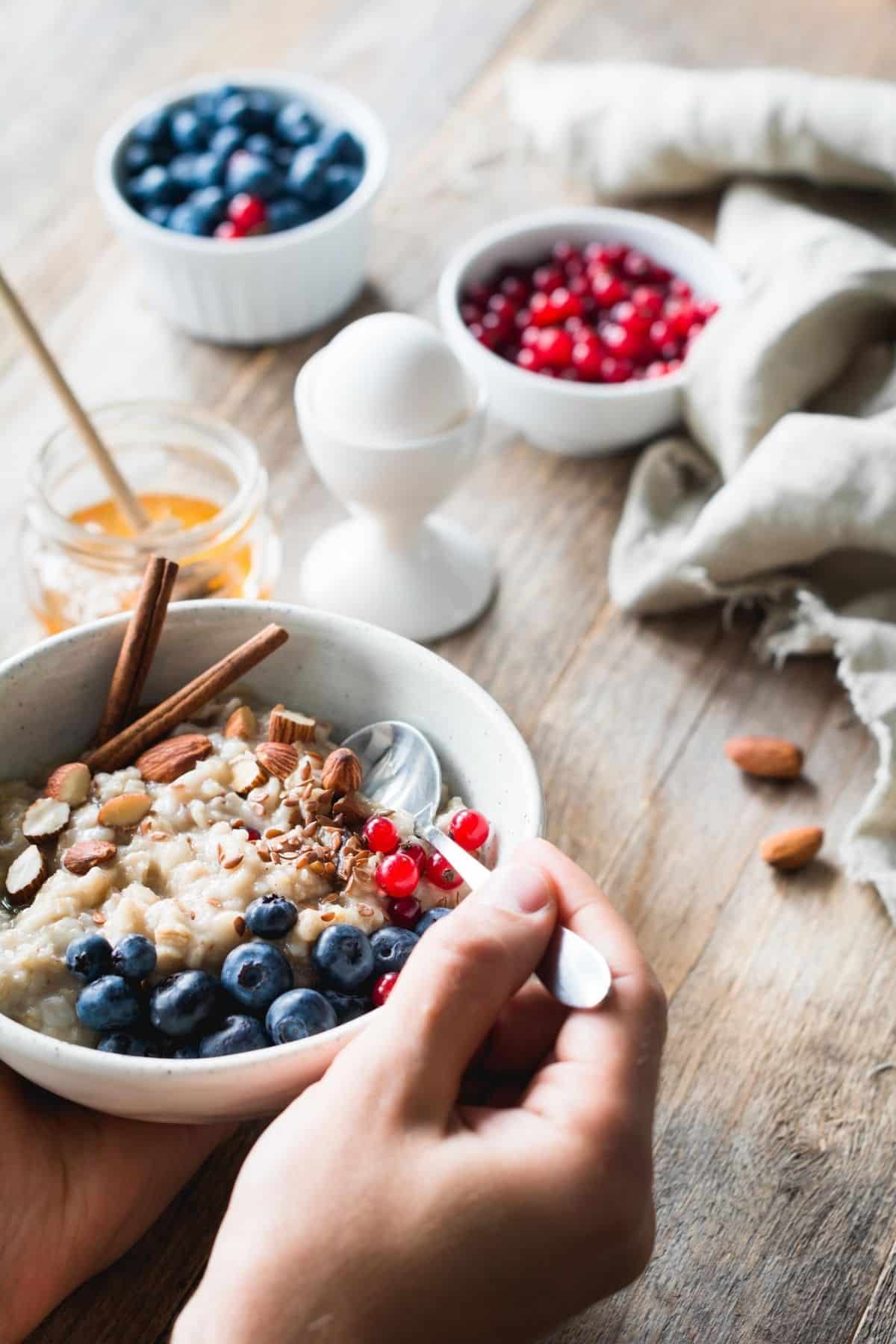
Breakfast sets you up for success for the rest of your day. If you eat a proper breakfast, you’ll experience steadier blood sugar, better stress responses, and more energy.
We are most insulin sensitive first thing in the morning, since nighttime and sleep are a natural way of fasting. Rather than shocking the system with sugar and carbohydrates, ease into digestion with a breakfast high in healthy fats and protein.
Adding in green veggies (like in a green smoothie) will get you started with some vitamins and minerals. You won’t overtax your body with insulin production and you’ll stay satiated longer.
Add a scoop of paleo protein powder to increase the protein content of your smoothie (see my recipe for a creamy Detox Smoothie).
You should also avoid drinking any sugary beverages in the morning. Stick with sugar-free options like plain coffee or consider my recipe for Lemon Cinnamon Water.
And, don’t be tempted with the stories about intermittent fasting and skipping breakfast. You’re better off eating a solid breakfast (see my article for why intermittent fasting is bad for women).
PCOS breakfast recipes:
- Overnight Protein Oats
- Chocolate Cherry Smoothie
- Whole30 Chia Pudding
- Sweet Potato Apple Breakfast Hash
- Pesto Eggs
- Broccoli Sprout Smoothie
- Creamy Detox Smoothie
PCOS Lunch Ideas
About 4-5 hours after you’ve eaten a solid breakfast, you’ll likely be ready for a nourishing lunch.
I like to make a salad with lots of raw vegetables for lunch, topped with a lean protein and maybe a side of gluten-free toast for a carbohydrate.
You can also include other non-starchy vegetables like cauliflower, leafy greens, and broccoli.
PCOS lunch recipes:
- Mexican Chicken Salad
- Lentil & Wild Rice Salad
- Healthy Tuna Pasta Salad
- Erewhon Kale Salad
- Costco Chicken Salad
PCOS Dinner Ideas
To end the day, it’s important to have a balanced meal with protein, fat, and carbohydrates. Stick with complex carbs like sweet potatoes as opposed to simple carbs like bread.
For recipe ideas, check out my list of the best gluten-free dairy-free meals. Or, try these specific anti-inflammatory dinner recipes.
PCOS dinner recipes:
- Salmon Stir Fry
- Panda Express Mushroom Chicken
- Keto Chicken Fajitas
- Gluten-Free Shrimp Scampi
- Slow Cooker Green Chile Chicken
- Chicken Meatloaf
PCOS Snacks
If you’re hungry between meals, have a healthy snack like fruit, vegetables, or something with protein like a sugar-free jerky. See my entire list of the best gluten-free dairy-free snacks.
You may also wish to go alcohol-free for PCOS to help manage symptoms.
FAQs
Conventional medicine says no. However, there have been several women who have reversed or sent their PCOS into remission with lifestyle and diet. PCOS does not have to dominate your life. By taking care of your body and following a healthy healing diet, you can diminish and even reverse your symptoms and condition.
This is an important question, especially since many women do become overweight before getting their PCOS under control. Make your health your priority. Clean eating, plentiful sleep, moderate exercise, and stress management are the biggest keys to overall health and crucial for hormonal conditions like PCOS.
When you focus on health, you likely will find that weight loss comes naturally and easily. If you find that you can’t lose weight no matter what, there may be other health and lifestyle issues that you need to work on.
My Experience
My PCOS started early, around age 11. My home life was chaotic and stressful and so I think I had the inflammation type of PCOS. I also think I have a genetic component to it, because my sister also has PCOS.
I wasn’t formally diagnosed with PCOS until decades later. In fact, I had never really heard of PCOS until my sister was diagnosed after she had a hard time getting pregnant.
Once I read more about PCOS, it explained so much about my symptoms. I had been on birth control pills from about age 19-32, so it wasn’t until I got off hormonal birth control that I was forced to manage my symptoms holistically.
Going gluten free, dairy free, and sugar free, plus managing stress and getting enough sleep are the keys to managing my PCOS. I have regular menstrual cycles now, and my other symptoms are manageable. I take a lot of PCOS supplements to help manage it too.
Don’t Miss These PCOS Articles!
Even More PCOS Resources
There are constant developments in the scientific community about the management of PCOS and its troublesome symptoms.
Here are some of my favorite resources to stay updated on PCOS:
- Period Repair Manual: Natural Treatment for Better Hormones and Better Periods (2nd edition) by Lara Briden, N.D.
- Beyond the Pill: A 30-Day Program to Balance Your Hormones, Reclaim Your Body, and Reverse the Dangerous Side Effects of the Birth Control Pill by Jolene Brighten, N.D.
- 8 Steps to Reverse Your PCOS: A Proven Program to Reset Your Hormones, Repair Your Metabolism, and Restore Your Fertility by Fiona McCulloch, N.D.
Conclusions
There may not be one diet for all women with PCOS, but most experts agree that a healthy diet filled with lots of whole foods is a good starting point. You can try going gluten-free and dairy-free to see if that helps improve symptoms, and you might also consider reducing your intake of sugar.
In addition to watching what you eat, you might also want to manage stress, make sure you get enough sleep, and practice other healthy habits to help reduce symptoms of PCOS.
Don’t forget to join my newsletter list to get exclusive clean eating recipes and tips. The newsletter is 100% free with no spam; unsubscribe anytime.
About the Author: Carrie Forrest has a master’s degree in public health with a specialty in nutrition. She is a top wellness and food blogger with nearly 10 million annual visitors to her site. Carrie has an incredible story of recovery from chronic illness and is passionate about helping other women transform their health. Send Carrie a message through her contact form.
Note: this post is for informational purposes only and is not intended as medical advice. Please consult your healthcare provider for recommendations related to your individual situation.


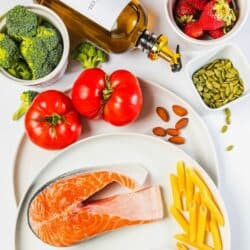
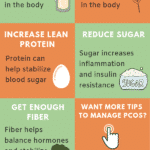




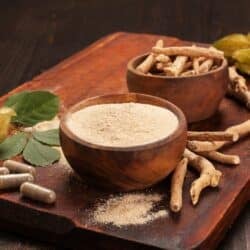




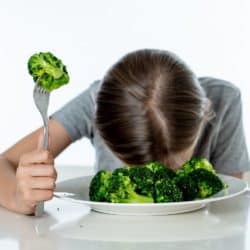

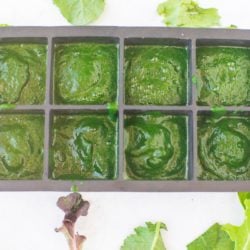



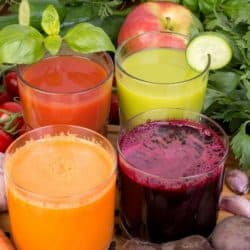
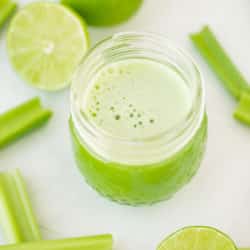


Hello, I suffer from PCOS. Can you please send me the recipes. Thanks for all the info.
Hi Laurie, do you mean you want my newsletter? You can sign up here: http://eepurl.com/bhuYxL
It’s crazy how much diet can help! Great tips!
This is a very well-written post. I know a lot of people this could help!
I have PCOS, but mine isn’t as extreme as other women (it’s amazing how much it varies!). My only real symptom (besides multiple cysts on my ovaries) is intense period pain, but that actually went away after having my daughter! I still get mild cramping, but before the pain was so intense if I didn’t take a pain killer in time, I’d vomit. My cycles are still irregular and I still have hard time losing weight. I have some “man hair” but it’s not enough to bother me. I know others have it worse.
So I haven’t felt the need to change my diet, I already try to eat healthy, but I have added in exercise, mostly because it makes me feel good and to help lose weight.
This is great! Thanks for sharing all the tips – I wasn’t aware of half of them!
There’s so much valuable information here! Thanks for writing this, Carrie!
What an informative article Carrie! I also love the clear infographic. Thank you for your work 🙂
Thanks, Jennifer! That means so much. XO.